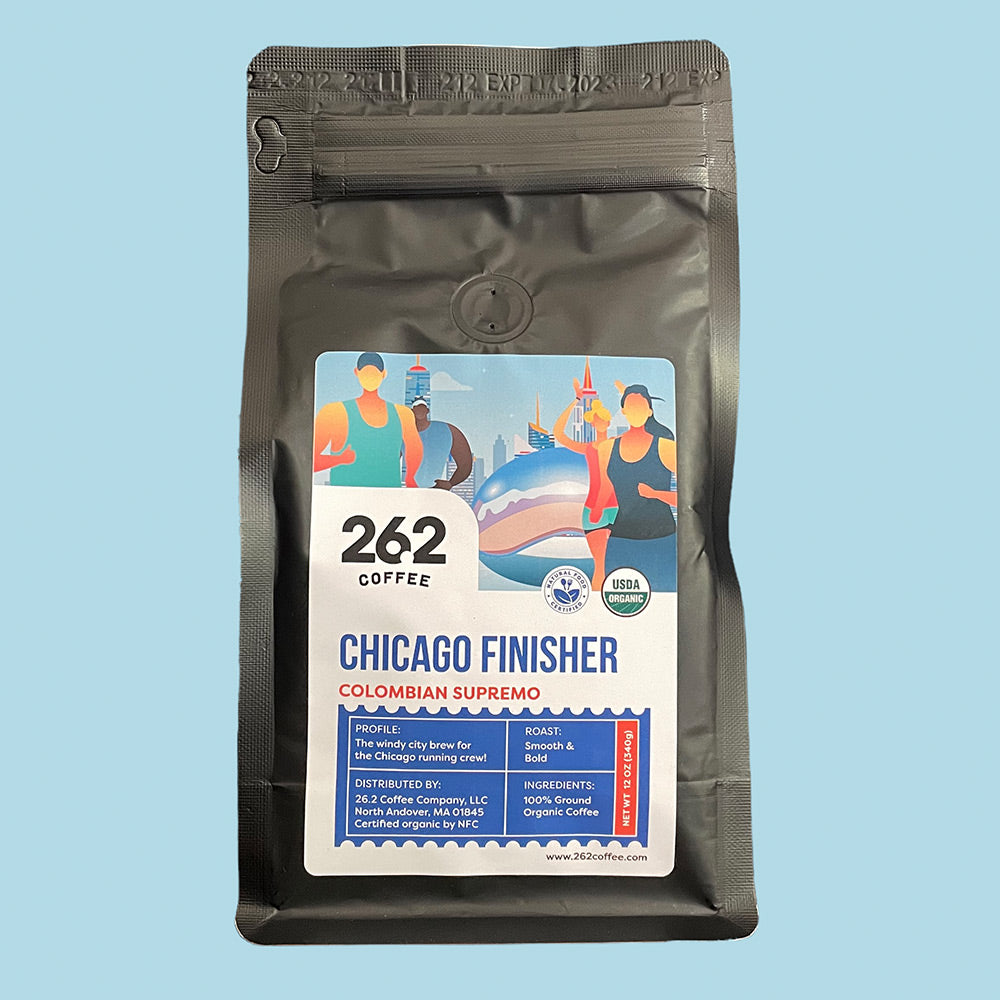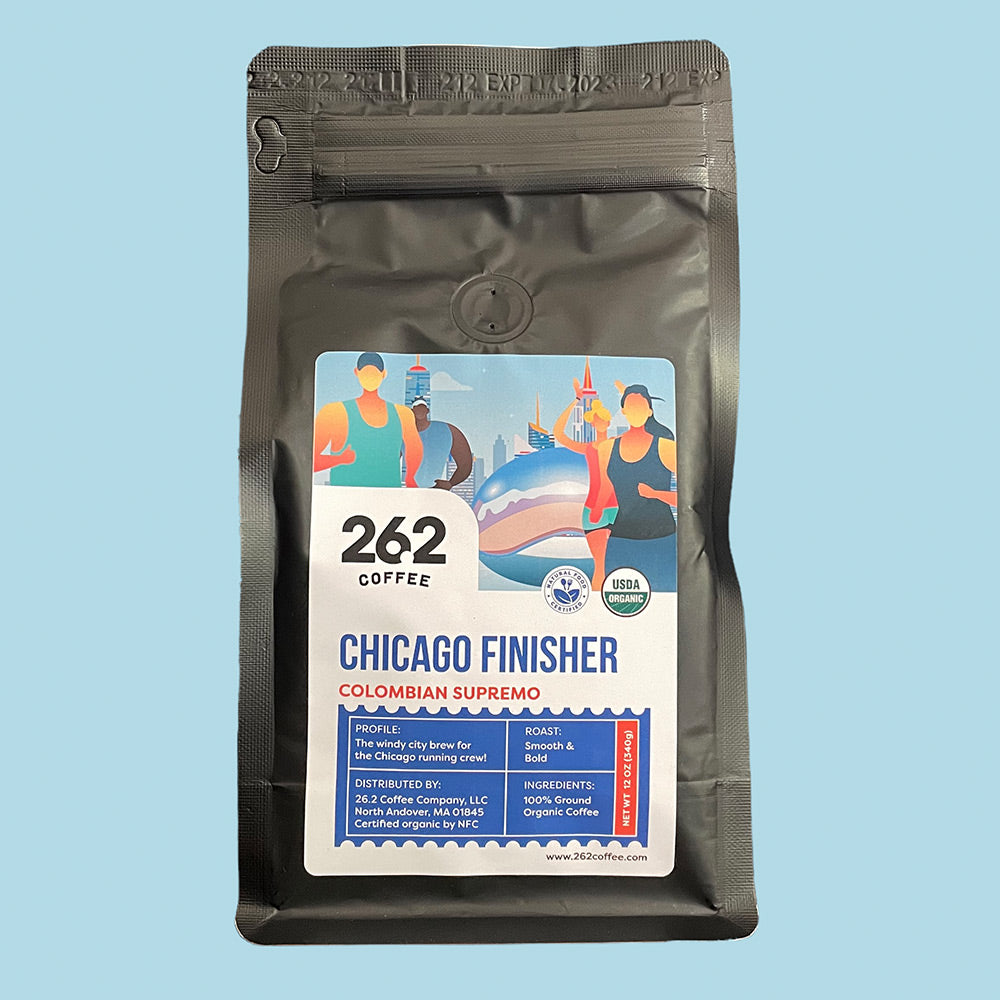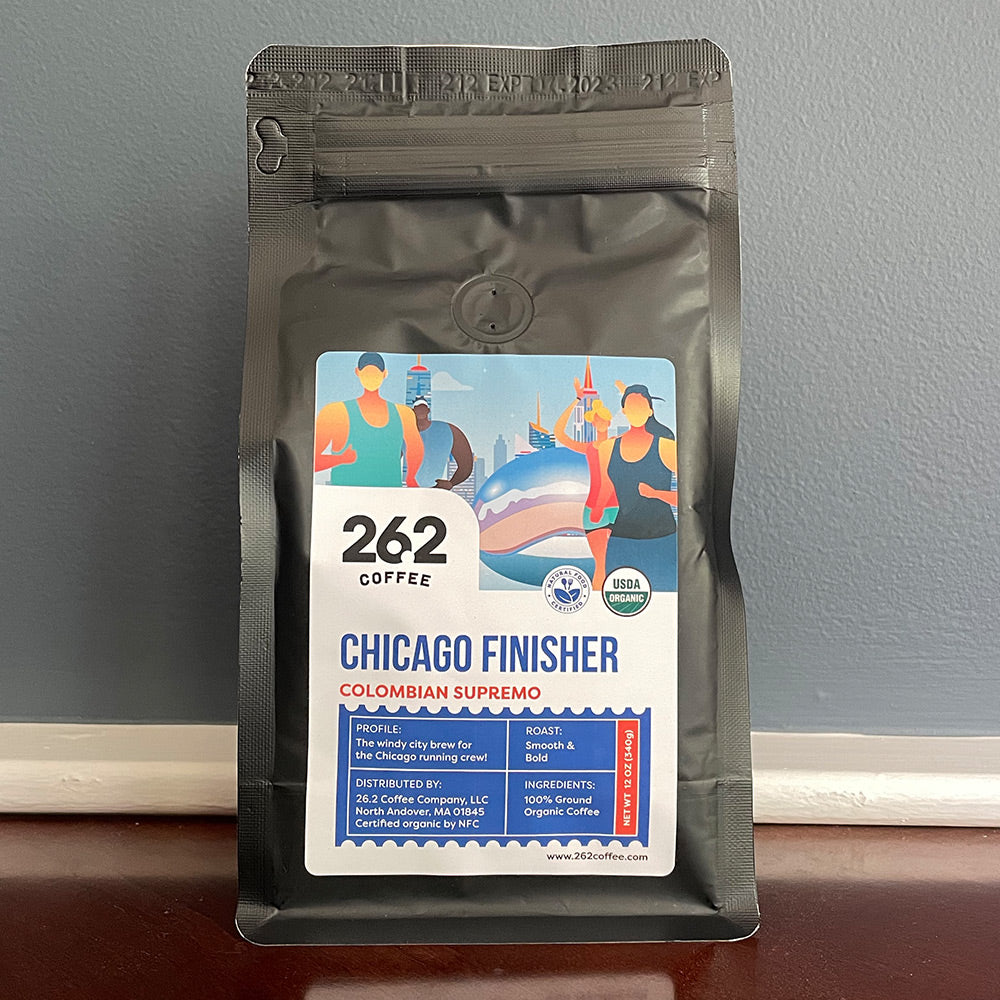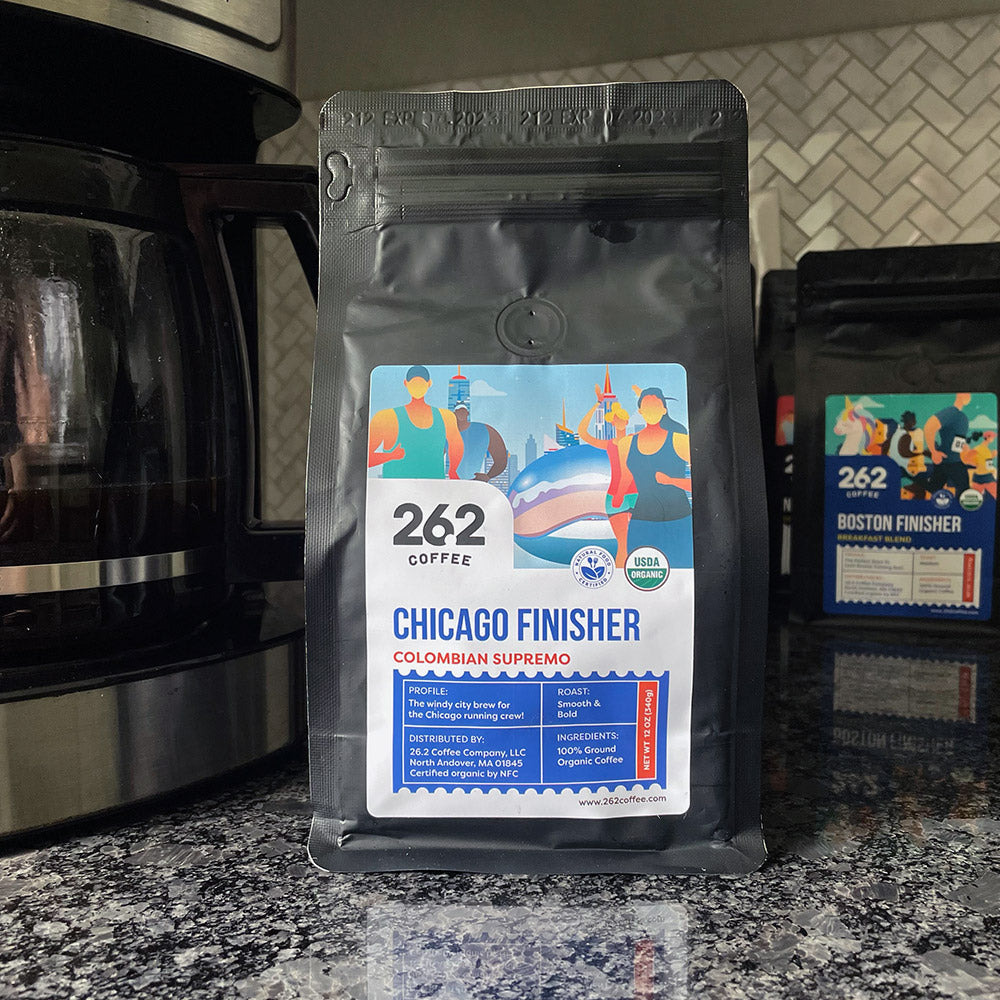Contributing Author: Cristina Nistler MS, ATC ( 8X Marathoner ) [ Bio ]
When I was studying for my master’s degree in exercise physiology, one of my classmates chose to do his thesis project on whether caffeine would help improve endurance performance. At the time, my thoughts were, “Of course, it will! Caffeine gives you energy!” But of course there is so much more going on under the surface of our bodies that causes this to be true. In fact, even some scientific journal articles on caffeine and performance will paraphrase the description of what caffeine is doing to the body because describing what’s going on at a cellular level detracts from reporting on the performance findings.
That being said, here are some of the important take-home points.
Does caffeine really help improve endurance performance?
Yep. A 2018 meta-analysis looked at hundreds of research studies on caffeine and performance. They found that caffeine supplementation did result in faster time trial performances and increased power output. Caffeine also helped runners extend their “time to exhaustion”, which is good news for marathon and ultra runners.
What caffeinated things should I use?
If I asked you to tell me what foods and drinks contain caffeine, you could likely rattle off half a dozen things like coffee, soda, tea, and chocolate. Add to that the products that have added caffeine like Nuun Energy or RunGum and the choices begin to become almost overwhelming! For the purposes of this post I will not dive into analyzing every one of those things. I myself am very partial to coffee because I love the morning ritual of brewing a cup, the smell filling my house and sitting down in my arm chair to enjoy it. What I will strongly recommend is trying things out in training to determine what works best for you. The way different foods and drinks affect the body can be highly individual and just because something worked for your friend or they didn’t like the taste doesn’t mean the same will be true for you! This includes testing the timing of when you ingest your caffeine. If you cut it too close to race time you risk the dreaded “runner’s trots”. Conversely, you can have your coffee or tea pretty early and still reap the benefits. The average half-life of caffeine is 5 hours, which means you won’t start to come down from the energy boost until about 5 hours later. Again, that’s the average and for some people it is less, so at the risk of sounding like a broken record, I will remind you again to test your strategy in training!
About The Author

Cristina Nistler is a certified athletic trainer (AT) with over 13 years of experience including Division 1 college athletics. She currently owns and operates Superior Running Medicine in Duluth, Minnesota. Athletic trainers are sports medicine specialists. They diagnose injuries, uncover imbalances to prevent injuries, prescribe exercises, and provide treatment. Cristina holds a Bachelor's degree in Athletic Training and a Master's degree in Exercise Science She is trained in Active Release Technique (A.R.T.), Instrument Assisted Soft Tissue Mobilization and video gait analysis. In addition to having a great deal of experience working with distance runners Cristina has been a runner for 24 years! She has completed 8 marathons, 5 half marathons and countless shorter distances.
"Coffee Mug" Featured Image Credit: Photo by Lisa
- - - -





